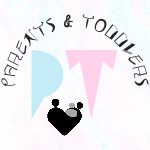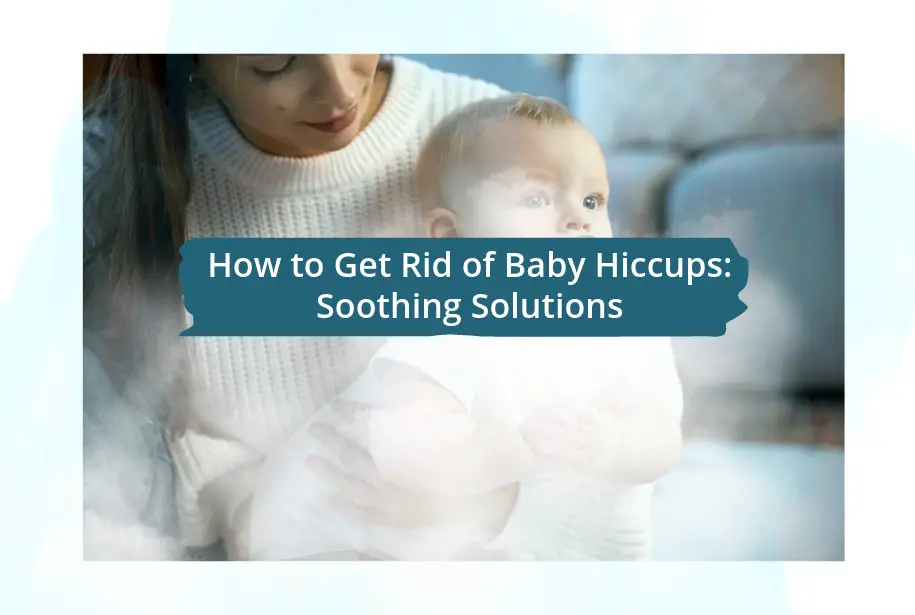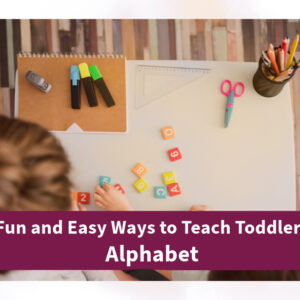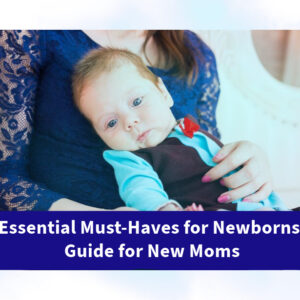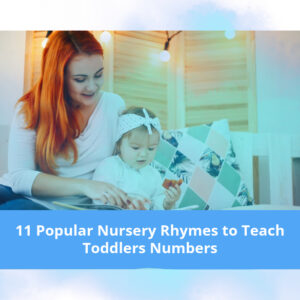Babies are bundles of joy, but they can also experience common discomforts like hiccups. While hiccups in babies are usually harmless, they can be distressing for both the baby and the parents. If you’re a new parent grappling with this issue, fret not! We’ll explore the causes of baby hiccups and provide you with effective strategies to alleviate them. Let’s dive in!
Understanding Baby Hiccups:
Hiccups occur when the diaphragm contracts suddenly, causing a quick intake of breath that is then stopped by the closure of the vocal cords, resulting in the characteristic “hic” sound. In babies, hiccups are quite common and usually occur due to a variety of reasons, including:
- Feeding: Swallowing air during feeding, whether through breastfeeding or bottle-feeding, can lead to hiccups in babies.
- Overfeeding: Feeding your baby too much or too quickly can overwhelm their digestive system, resulting in hiccups.
- Air Swallowing: Babies might swallow air while crying, sucking on a pacifier, or even during periods of excitement.
- Temperature Changes: Sudden changes in temperature, such as moving from a warm environment to a cooler one, can trigger hiccups in babies.
- Gastroesophageal Reflux (GERD): Babies with GERD, a condition where stomach acid flows back into the esophagus, may experience frequent hiccups along with other symptoms like spitting up and irritability.
Now that we understand why baby hiccups occur, let’s explore some practical ways to get rid of them:
Burping Techniques:
- Burping your baby after feeding is essential to release any trapped air in their stomach, which can cause hiccups. Here are some effective burping techniques:
- Over the Shoulder: Hold your baby upright against your shoulder and gently pat or rub their back until they burp.
- Sitting Position: Sit your baby upright on your lap, supporting their chest and chin with one hand while patting or rubbing their back with the other hand.
- Face Down: Lay your baby across your lap with their stomach resting on your thighs and gently pat or rub their back.
Feed Smaller Amounts Frequently:
- To prevent overfeeding and reduce the likelihood of hiccups, consider feeding your baby smaller amounts more frequently. This approach can help prevent them from swallowing excessive air during feeding sessions.
Slow Down Feeding Pace:
- If you’re bottle-feeding your baby, try to pace the feedings by tilting the bottle slightly to slow down the flow of milk. This can prevent your baby from gulping air along with the milk, reducing the chances of hiccups.
Adjust Feeding Position:
- Experiment with different feeding positions to find the one that minimizes air intake for your baby. For example, holding your baby in a more upright position during feeding can help reduce swallowing air.
Gentle Distraction:
- Sometimes, gently distracting your baby can help interrupt the hiccup cycle. Try talking softly to your baby, playing soothing music, or engaging them in a gentle rocking motion to help alleviate hiccups.
Offer a Pacifier:
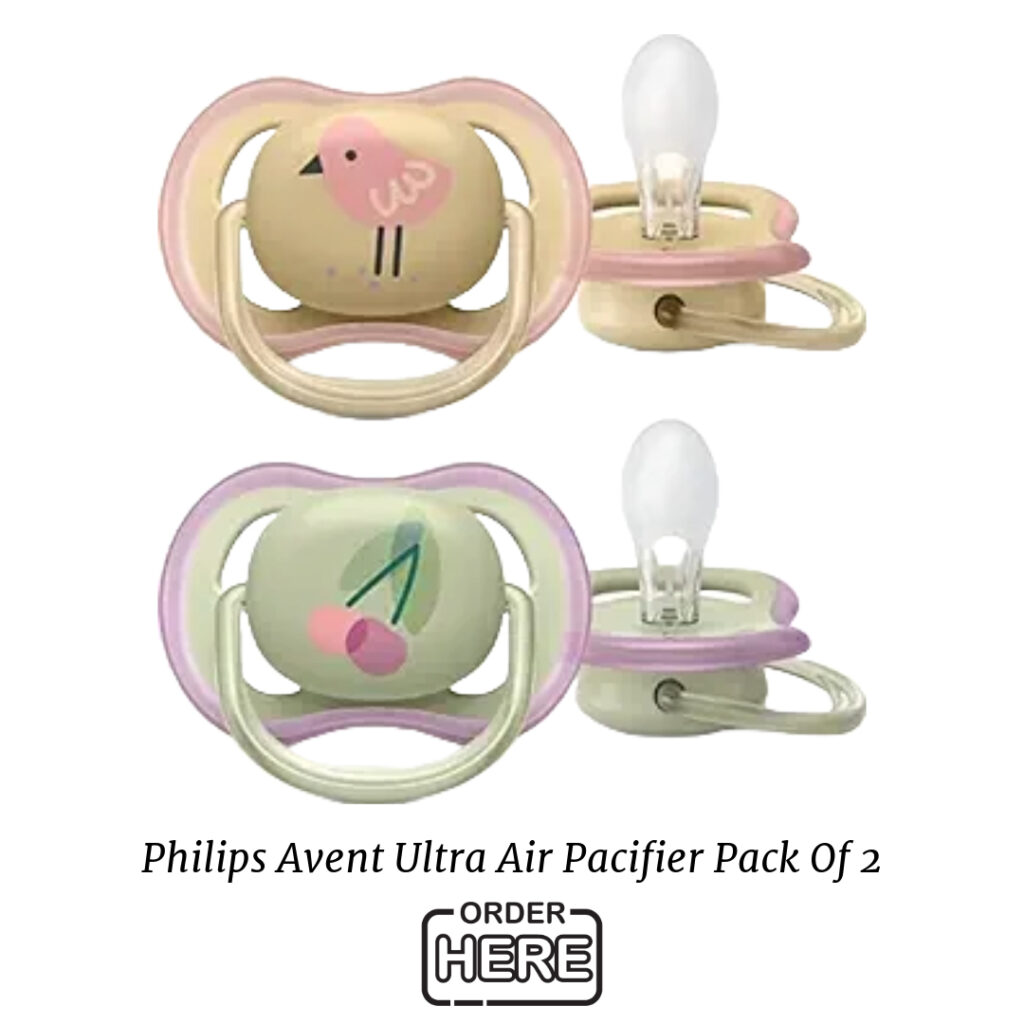
- Sucking on a pacifier can help relax your baby’s diaphragm and may stop hiccups. However, if your baby is not interested in a pacifier or is already full, don’t force it.
Maintain a Calm Environment:
- Babies are sensitive to their surroundings, so creating a calm and soothing environment can help alleviate hiccups. Dimming the lights, minimizing noise, and ensuring a comfortable temperature can all contribute to a relaxed atmosphere.
Address Underlying Issues:
- If your baby experiences frequent hiccups along with other symptoms like spitting up, irritability, or difficulty feeding, consult your pediatrician. These could be signs of underlying issues such as GERD or other gastrointestinal problems that require medical attention.
Time and Patience:
- Remember that hiccups in babies are usually harmless and tend to resolve on their own with time. Sometimes, all it takes is a little patience as your baby’s immature digestive system learns to function more efficiently.
Conclusion:
Baby hiccups are a common occurrence that can often be managed with simple strategies like burping techniques, adjusting feeding practices, and creating a calm environment. However, if hiccups persist or are accompanied by other concerning symptoms, don’t hesitate to seek advice from your pediatrician. With a little patience and TLC, you can help soothe your baby and alleviate their hiccups, allowing both you and your little one to enjoy those precious moments together.
